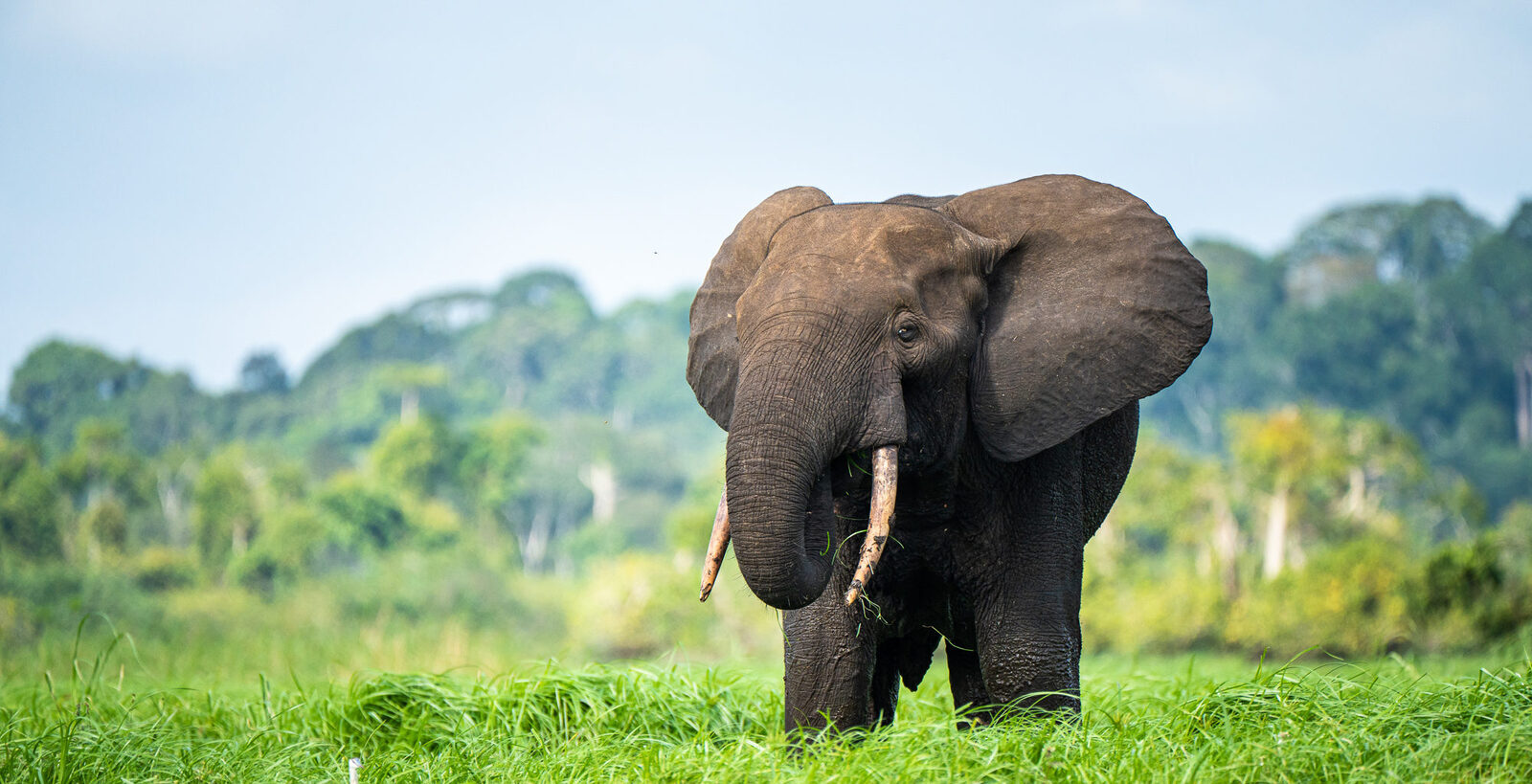
Ever wondered what makes Gabon unique? This small African nation, nestled on the west coast, packs a punch with its rich biodiversity, vibrant culture, and intriguing history. Gabon boasts lush rainforests, stunning coastlines, and a treasure trove of wildlife, including gorillas and elephants. Its capital, Libreville, offers a blend of modernity and tradition, with bustling markets and contemporary architecture. Gabon’s economy thrives on oil, but it also treasures its natural resources and eco-tourism. Did you know Gabon is home to one of the largest networks of national parks in Africa? Dive into these 20 facts about Gabon to uncover more about this fascinating country!
Key Takeaways:
- Gabon, a diverse country in Central Africa, boasts 13 national parks protecting wildlife and stunning landscapes. It's a haven for rare animals like the African forest elephant and critically endangered western lowland gorilla.
- With a rich history and vibrant culture, Gabon's economy thrives on oil, manganese, and timber resources. Its people, with over 40 ethnic groups, embrace traditional music and storytelling, making it a unique and fascinating destination.
Gabon's Geography and Nature
Gabon, located on the west coast of Central Africa, is a country rich in natural beauty and biodiversity. Its landscapes range from coastal plains to mountains and rainforests.
- Gabon is home to 13 national parks, covering about 11% of the country's land area. These parks protect a wide variety of wildlife and plant species.
- The Ivindo National Park is famous for its stunning waterfalls, including the Kongou Falls, which are among the most powerful in the world.
- Gabon has a coastline stretching 885 kilometers along the Atlantic Ocean, offering pristine beaches and marine biodiversity.
- The Ogooué River, the fourth largest river in Africa by discharge, flows through Gabon, providing vital water resources and transportation routes.
Gabon's Wildlife
Gabon is a haven for wildlife enthusiasts. Its diverse ecosystems support a wide range of animal species, some of which are rare and endangered.
- Gabon is one of the last strongholds for the African forest elephant, a smaller and more elusive cousin of the savanna elephant.
- The country is home to the critically endangered western lowland gorilla, with significant populations found in its national parks.
- Gabon's rainforests are inhabited by the mandrill, the world's largest monkey, known for its colorful face and rump.
- The leatherback sea turtle, the largest of all living turtles, nests on Gabon's beaches, making it a crucial site for their conservation.
Gabon's Culture and People
Gabonese culture is a vibrant mix of traditional and modern influences, reflecting the country's diverse ethnic groups and colonial history.
- Gabon has over 40 ethnic groups, with the Fang, Punu, and Nzebi being the largest. Each group has its own unique traditions and languages.
- The Bwiti religion, practiced by the Fang people, involves intricate rituals and the use of the iboga plant, known for its psychoactive properties.
- Gabon's official language is French, a remnant of its colonial past, but many local languages are also spoken.
- The Mvet harp, a traditional musical instrument, is central to Gabonese music and storytelling.
Gabon's Economy
Gabon has a relatively high per capita income compared to other African countries, largely due to its natural resources.
- Gabon is one of Africa's largest oil producers, with petroleum accounting for around 80% of its export revenues.
- The country is rich in manganese, with the Moanda mine being one of the largest manganese reserves in the world.
- Gabon also has significant timber resources, with vast expanses of tropical hardwood forests.
Gabon's History
Gabon has a rich history that includes ancient civilizations, colonial rule, and modern independence.
- The Pygmy people are believed to be the original inhabitants of Gabon, with a history dating back thousands of years.
- Gabon was part of the Kingdom of Loango, a powerful pre-colonial state that controlled much of the region's trade.
- In 1885, Gabon became a French colony and remained under French control until gaining independence in 1960.
- Léon M'ba became Gabon's first president after independence, serving from 1961 until his death in 1967.
- Gabon has enjoyed relative political stability compared to many of its neighbors, with only a few instances of political unrest since independence.
Gabon: A Land of Wonders
Gabon, with its rich biodiversity, cultural heritage, and unique geography, stands out as a fascinating country. From the lush rainforests teeming with wildlife to the vibrant traditions of its people, Gabon offers a blend of natural beauty and cultural depth. The Loango National Park is a haven for nature lovers, while the capital city, Libreville, showcases modernity and tradition side by side. Gabon's economy, driven by oil and natural resources, plays a significant role in its development. The country's commitment to conservation ensures that its natural treasures remain protected for future generations. Whether you're intrigued by its history, wildlife, or economic landscape, Gabon has something to offer everyone. Dive into its wonders and discover a place where nature and culture coexist harmoniously. Gabon truly is a hidden gem waiting to be explored.
Frequently Asked Questions
Was this page helpful?
Our commitment to delivering trustworthy and engaging content is at the heart of what we do. Each fact on our site is contributed by real users like you, bringing a wealth of diverse insights and information. To ensure the highest standards of accuracy and reliability, our dedicated editors meticulously review each submission. This process guarantees that the facts we share are not only fascinating but also credible. Trust in our commitment to quality and authenticity as you explore and learn with us.


